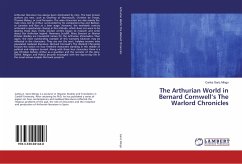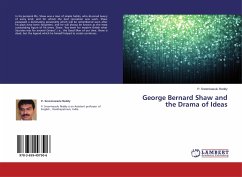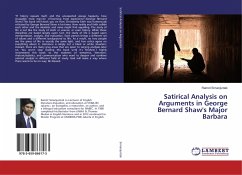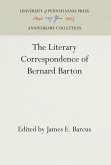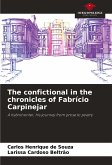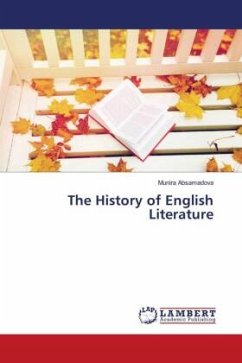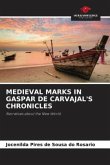Arthurian literature has always been dominated by men. The best known authors are men, such as Geoffrey of Monmouth, Chrétien de Troyes, Thomas Malory, or Lord Tennyson. The main characters are also mainly the male ones, led by Arthur, surrounded by his companions Kay and Bedwyr, or Lancelot and Bors at a later stage. However, the twentieth century witnessed a spectacular change in this attitude, which does not seem to be abating these days. Firstly, women writers began to research and write about the Arthurian legend. Rosemary Sutcliff, Mary Stewart or Marion Zimmer Bradley are household names for the Arthurian aficionados. Then again, the most outstanding example of this womanly takeover may be reflected in the characters. They are not the inert, helpless women who populated medieval literature. Bernard Cornwell's The Warlord Chronicles focuses the action on four feminine characters standing in the middle of political and religious turmoil. Along with these four characters there is a gay Christian bishop, Arthur as a guardian and the narrator of the story, Derfel. Religion and Politics become entangled with the day-to-day life in the novel whose analysis this book presents.
Bitte wählen Sie Ihr Anliegen aus.
Rechnungen
Retourenschein anfordern
Bestellstatus
Storno

